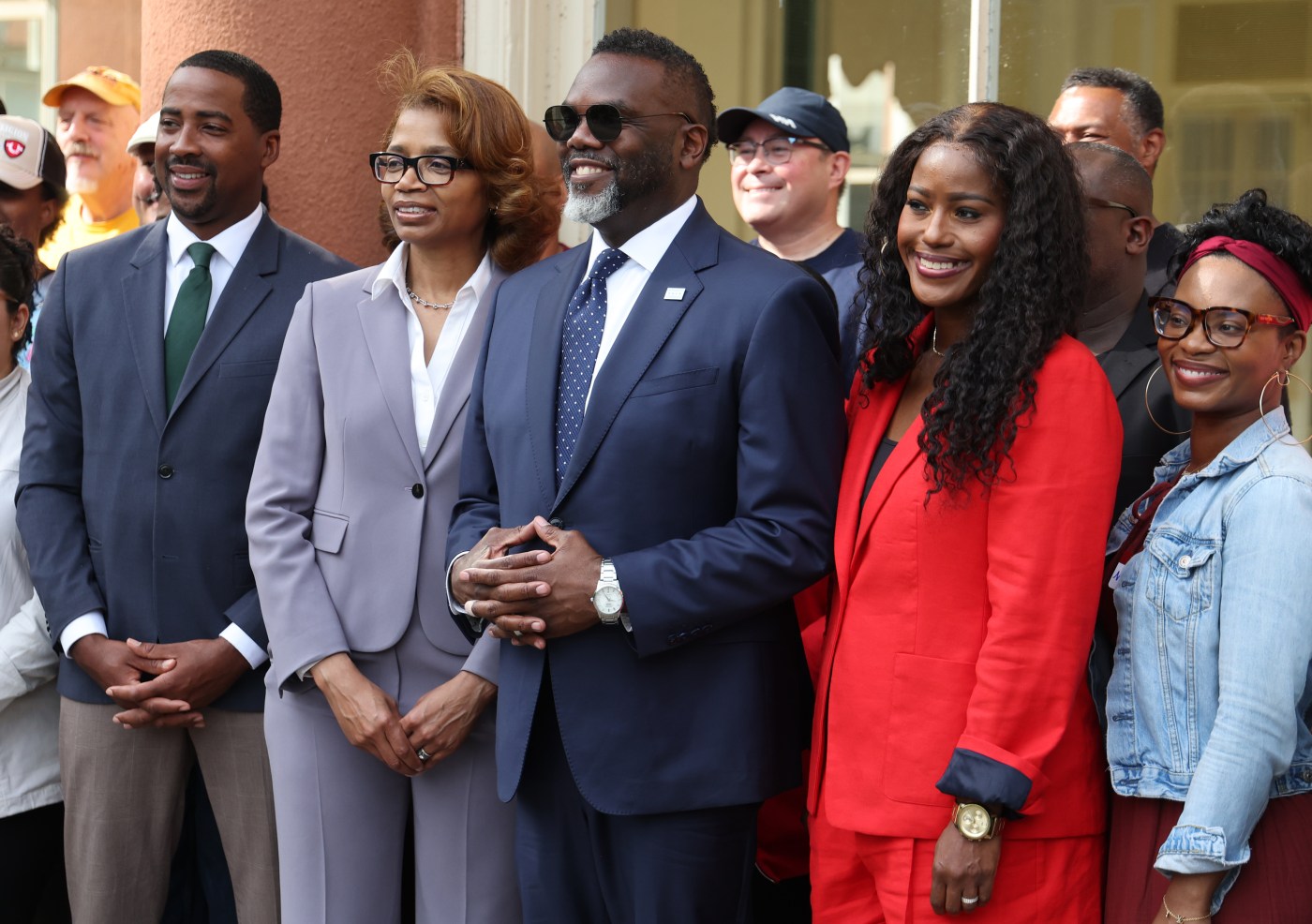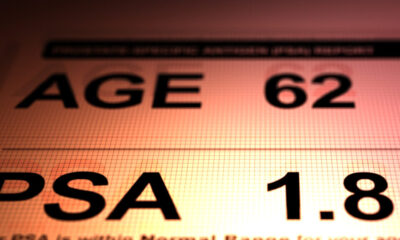Education
Mayor Johnson’s Office Denies Plans to Change CPS Voting Rules

The office of Chicago Mayor Brandon Johnson has denied any intention to modify the voting procedures of the Chicago Board of Education (CPS). This comes despite an email from the city’s top lobbyist indicating a clear interest in legislation that would alter these rules. In a message dated May 23, 2023, city lobbyist John Arena communicated with a state education official about the need for aligning the Chicago board’s voting rules with those of other school boards in Illinois.
Arena’s email specified a proposal to reduce the voting threshold for certain decisions from a two-thirds supermajority to a simple majority. This change would facilitate the approval of contentious borrowing plans favored by the city administration. “We want (to) bring a clean-up bill that addresses rights and responsibilities for school boards,” Arena wrote to Dana Stoerger, the Illinois State Board of Education’s executive director of legal affairs.
Despite this communication, Arena later denied lobbying for a reduction in the voting requirement. A spokesperson for Johnson reiterated that the mayor is not pursuing any changes to the current voting threshold. “There is no reform that the Mayor’s Office is currently working on that would undermine the authority of the board in any way,” stated Cassio Mendoza, Johnson’s press secretary, on May 30.
The email disclosure heightened concerns among state lawmakers and CPS stakeholders, particularly as it came during the critical final days of the spring legislative session. Many viewed any attempt to change the CPS board’s procedures as a potential threat to its independence. Ultimately, no legislation was introduced before lawmakers adjourned on June 1, 2023.
In the wake of the email revelations, Mendoza asserted that Arena’s inquiry was part of “preliminary research” rather than a formal lobbying effort. He emphasized that Johnson’s team did not anticipate any school board legislation progressing during the spring session, nor do they plan to advance such legislation in the upcoming fall veto session.
The current voting structure for the CPS board requires a simple majority—11 out of 21 votes—for routine matters, while a supermajority—14 out of 21 members—is needed for significant actions like budget amendments. Critics of the two-thirds requirement argue it hampers the board’s effectiveness in managing the fourth-largest school district in the nation.
Supporters of the current voting threshold, including former CPS Chief Pedro Martinez, have expressed concerns that lowering this requirement could lead to irresponsible financial decisions. Martinez, who was dismissed by Johnson, had previously opposed any borrowing plans proposed by the mayor, arguing such decisions would jeopardize the district’s long-term financial health.
CPS is currently facing a budget shortfall of $734 million for the 2023 fiscal year, driven by the expiration of federal pandemic relief funds and rising maintenance costs. Mendoza noted that, unlike the previous year, no budget amendment is being considered at this time.
Arena, who previously served as an alderman, joined Johnson’s intergovernmental affairs team in March 2023. His involvement in the legislative process has raised eyebrows, particularly since he communicated with state officials using his personal email account, circumventing official channels.
The email exchange revealed that other officials, including Stoerger, advised Arena on matters related to the two-thirds voting requirement. However, the Illinois State Board of Education does not directly influence legislative processes.
Debate surrounding the potential changes to CPS voting rules has divided lawmakers. Some, like state Representative Ann Williams, argue that changing the voting thresholds would undermine the will of voters who elected independent candidates to the school board. Williams emphasized the need to allow the board to function fully elected before considering any procedural changes.
Conversely, state Senator Robert Martwick voiced support for revisiting the voting requirements, stating, “It makes no sense to me that the city of Chicago faces a supermajority threshold for regular organizing decisions.”
As CPS prepares to finalize its fiscal year 2026 budget by August 28, 2025, the situation remains fluid. Any adjustments to the budget will be subject to the existing supermajority requirements, which complicates the district’s financial planning in light of its significant shortfall.
The transition of the CPS board from mayoral control to a fully elected body is set to occur by 2027, a change that Johnson and the Chicago Teachers Union (CTU) had advocated for prior to his administration. The current hybrid structure has already proven challenging, with some elected members opposing the mayor’s education agenda.
As discussions continue, the implications of any changes to the CPS voting rules will likely resonate throughout the city’s educational landscape, influencing both governance and fiscal responsibility in the years ahead.
-

 Science1 month ago
Science1 month agoNostradamus’ 2026 Predictions: Star Death and Dark Events Loom
-

 Technology2 months ago
Technology2 months agoOpenAI to Implement Age Verification for ChatGPT by December 2025
-

 Technology7 months ago
Technology7 months agoDiscover the Top 10 Calorie Counting Apps of 2025
-

 Health5 months ago
Health5 months agoBella Hadid Shares Health Update After Treatment for Lyme Disease
-

 Health5 months ago
Health5 months agoAnalysts Project Stronger Growth for Apple’s iPhone 17 Lineup
-

 Technology5 months ago
Technology5 months agoElectric Moto Influencer Surronster Arrested in Tijuana
-

 Education5 months ago
Education5 months agoHarvard Secures Court Victory Over Federal Funding Cuts
-

 Health5 months ago
Health5 months agoErin Bates Shares Recovery Update Following Sepsis Complications
-

 Technology6 months ago
Technology6 months agoDiscover How to Reverse Image Search Using ChatGPT Effortlessly
-

 Technology7 months ago
Technology7 months agoMeta Initiates $60B AI Data Center Expansion, Starting in Ohio
-

 Science4 months ago
Science4 months agoStarship V3 Set for 2026 Launch After Successful Final Test of Version 2
-

 Technology7 months ago
Technology7 months agoRecovering a Suspended TikTok Account: A Step-by-Step Guide





















